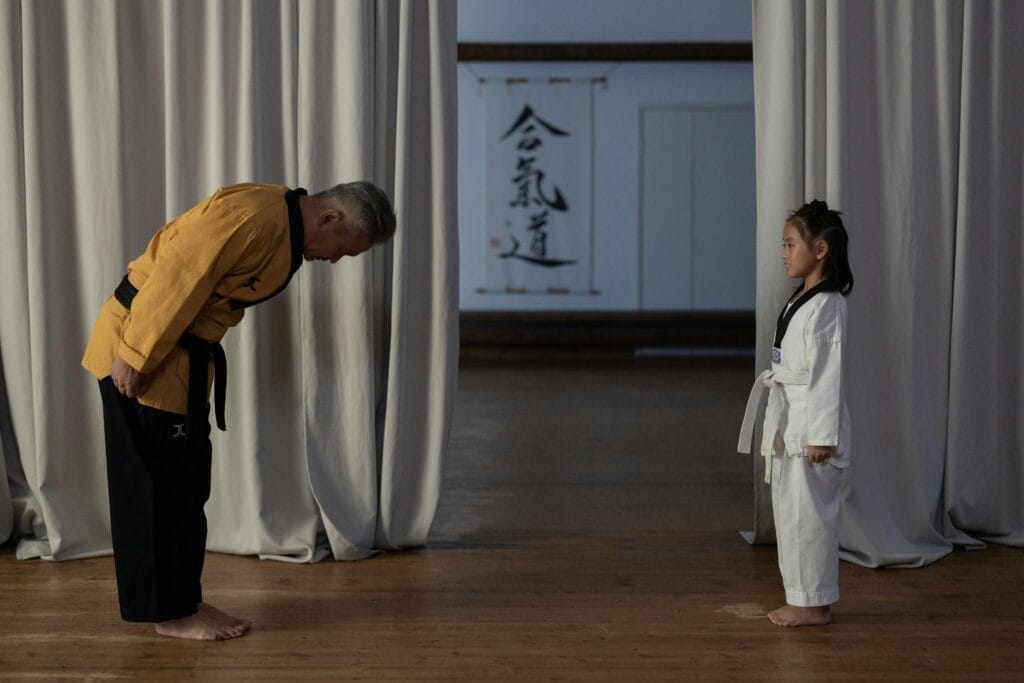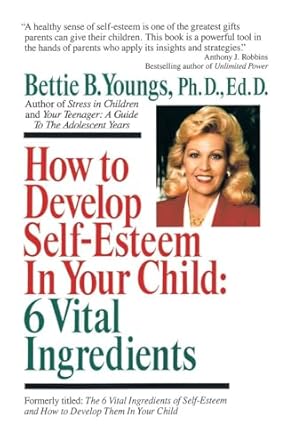Understanding Respect: The Foundation of Love
A strong and lasting relationship is built on two essential pillars: respect and love. While love brings passion and emotional connection, respect strengthens trust and mutual understanding. Without respect and love, even the deepest affection may fade over time. A healthy relationship thrives when both partners value each other’s feelings, opinions, and boundaries. By nurturing respect and love, couples can create a bond that withstands challenges and grows stronger every day.
When people establish respect, they naturally foster trust in love and relationships. Trust is critical; it enables partners to share their thoughts and feelings without fear of judgment. In this safe space, effective communication thrives, allowing both individuals to express their needs and desires openly. For instance, listening actively when a partner shares their perspective is a sign of respect that enhances mutual admiration and understanding. This respect becomes especially vital during conflicts, acting as a buffer that helps preserve the emotional connection between partners.
Moreover, respect also signifies awareness and acknowledgment of boundaries. Adhering to these established limits cultivates a healthy dynamic, enhancing the overall stability of relationships. Signs of respect in a relationship include genuine interest in each other’s thoughts, compromise, and support during difficult times. Such behaviors reinforce the notion of love, trust, and respect in relationships, thereby laying down the groundwork for building respect in romantic relationships.
In contrast, a lack of respect can lead to misunderstandings, resentment, and ultimately the deterioration of relationships. Therefore, recognizing the significance of respect in love and relationships is crucial for nurturing enduring connections. A commitment to fostering respect will not only strengthen partnerships but also contribute to overall well-being and fulfillment.
The Role of Mutual Respect in Healthy Relationships
Why Mutual Respect Matters
Mutual respect is a cornerstone of healthy relationships, serving as a vital component that fosters respect and love, trust, and a sense of security between partners. In romantic partnerships, the importance of respect and love in relationships cannot be overstated. It establishes a framework where both individuals feel valued and heard. Recognizing the significance of each other’s opinions, boundaries, and individuality not only enhances emotional intimacy but also contributes to reducing conflict, and strengthening respect and love between partners.

How Respect Strengthens Communication
When both partners practice respect in love and relationships, they create an environment conducive to open communication. This openness is crucial for discussing sensitive topics, resolving misunderstandings, and nurturing emotional closeness. For instance, consider a couple who actively listen to each other’s perspectives during disagreements. By valuing each partner’s stance, they demonstrate mutual respect, which promotes understanding and paves the way for finding common ground. This practice not only mitigates conflict but also strengthens the emotional bond they share.
Building and Maintaining Respect
Building respect in romantic relationships requires ongoing effort. Experts recommend setting clear boundaries and appreciating the individuality of each partner. Simple acts, such as acknowledging your partner’s feelings or interests, can significantly enhance the dynamics of the relationship. Signs of respect in a relationship often manifest through actions like supportive comments, constructive feedback, and willingness to compromise. By fostering a spirit of mutual respect, partners can cultivate a sense of trust that underpins their relationship.
Nurturing a Healthy and Lasting Relationship
To maintain respect in a relationship, couples can engage in regular check-ins about their emotional needs and boundaries. This two-way street of respect allows partners to feel secure and appreciated, ultimately leading to a healthier, more fulfilling love. Adopting these approaches enhances the overall quality of the relationship, demonstrating that love, trust, and respect are intertwined in creating lasting connections.
Teaching Respect to Children: Building Future Relationships
Respect is a fundamental value that influences not only personal growth but also the quality of future relationships. Teaching respect to children is crucial in laying the groundwork for their interpersonal skills, and shaping their interactions in both friendships and romantic relationships. As parents and guardians, modeling respectful behavior is one of the most effective strategies to demonstrate the importance of respect in love and relationships. Children often learn by observing, so showcasing respect in daily interactions will encourage them to emulate these behaviors in their future relationships.

Open communication is another essential aspect of instilling respect in children. Providing a safe space for children to express their thoughts and feelings fosters an environment where respect is valued. Encouraging them to listen to others’ perspectives reinforces the significance of mutual respect in love. This ability to communicate effectively will enhance their future relationships, as respect and trust in love are interconnected. Parents should also consider discussing the concept of respect and its synonyms, helping children understand its meaning and relevance in various contexts.
Conflict resolution skills are pivotal in teaching children how to maintain respect in a relationship. Allowing children to navigate disagreements and resolve conflicts respectfully prepares them for the complexities of adult relationships. Encouraging children to express their needs while considering others’ feelings cultivates a mindset of respect and empathy. Recognizing the signs of respect in a relationship, such as active listening and valuing each other’s opinions, will help children build healthy relationships as they grow.
By consistently teaching respect through modeling, communication, and conflict resolution, parents can significantly influence their children’s capacity to form respectful and loving relationships in the future. The lessons learned during childhood will resonate throughout their lives, emphasizing the importance of respect as a cornerstone of fulfilling interpersonal connections.
Overcoming Disrespect: Transforming Relationships for the Better
Disrespect in relationships often manifests through various signs that can be detrimental to both partners’ emotional well-being. Common indicators include dismissive comments, failure to actively listen, and a lack of appreciation for one another’s feelings or opinions. Such behaviors can erode the foundation of love, trust, and respect in relationships, ultimately leading to unhealthy dynamics that may impact both individuals and families. When disrespect is left unaddressed, it can result in feelings of resentment, isolation, and even the breakdown of the relationship entirely.
Addressing these challenges requires intentional effort and a commitment to change. One effective strategy is open and honest communication, which can help partners express their feelings and establish the importance of respect in relationships. These conversations should focus on specific behaviors that feel disrespectful, rather than attacking each other’s character. By acknowledging these concerns, couples can foster mutual respect in love, paving the way for deeper emotional connection and understanding.
In some cases, professional assistance may be needed to facilitate this process. Seeking help from a therapist or counselor can provide couples with the tools they need to navigate their differences constructively. This professional guidance can help partners recognize signs of respect in a relationship, enhance their communication skills, and develop healthy conflict-resolution strategies.
Moreover, personal reflection plays a critical role in overcoming disrespect. Each partner must take responsibility for their actions and contemplate how their behavior affects their relationship dynamics. This self-awareness can lead to the cultivation of healthier relationships and respect, where both individuals feel valued and heard.
With commitment and effort from both partners, it is possible to transform disrespectful interactions into a foundation built on love, trust, and respect. By prioritizing and maintaining respect in a relationship, couples can nurture their bond, enriching their romantic experiences and personal growth.














